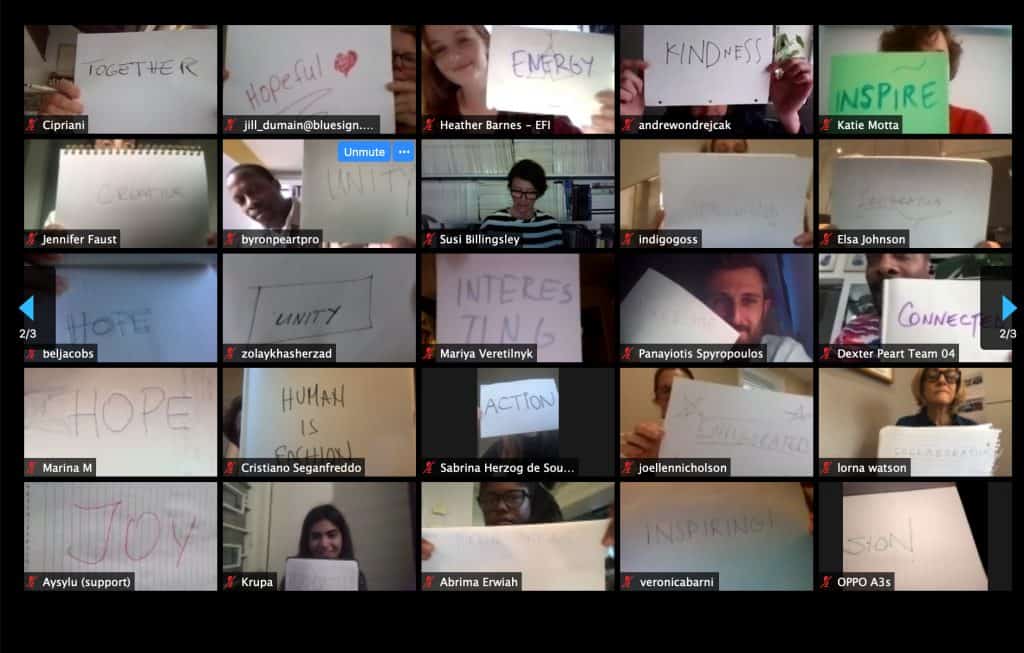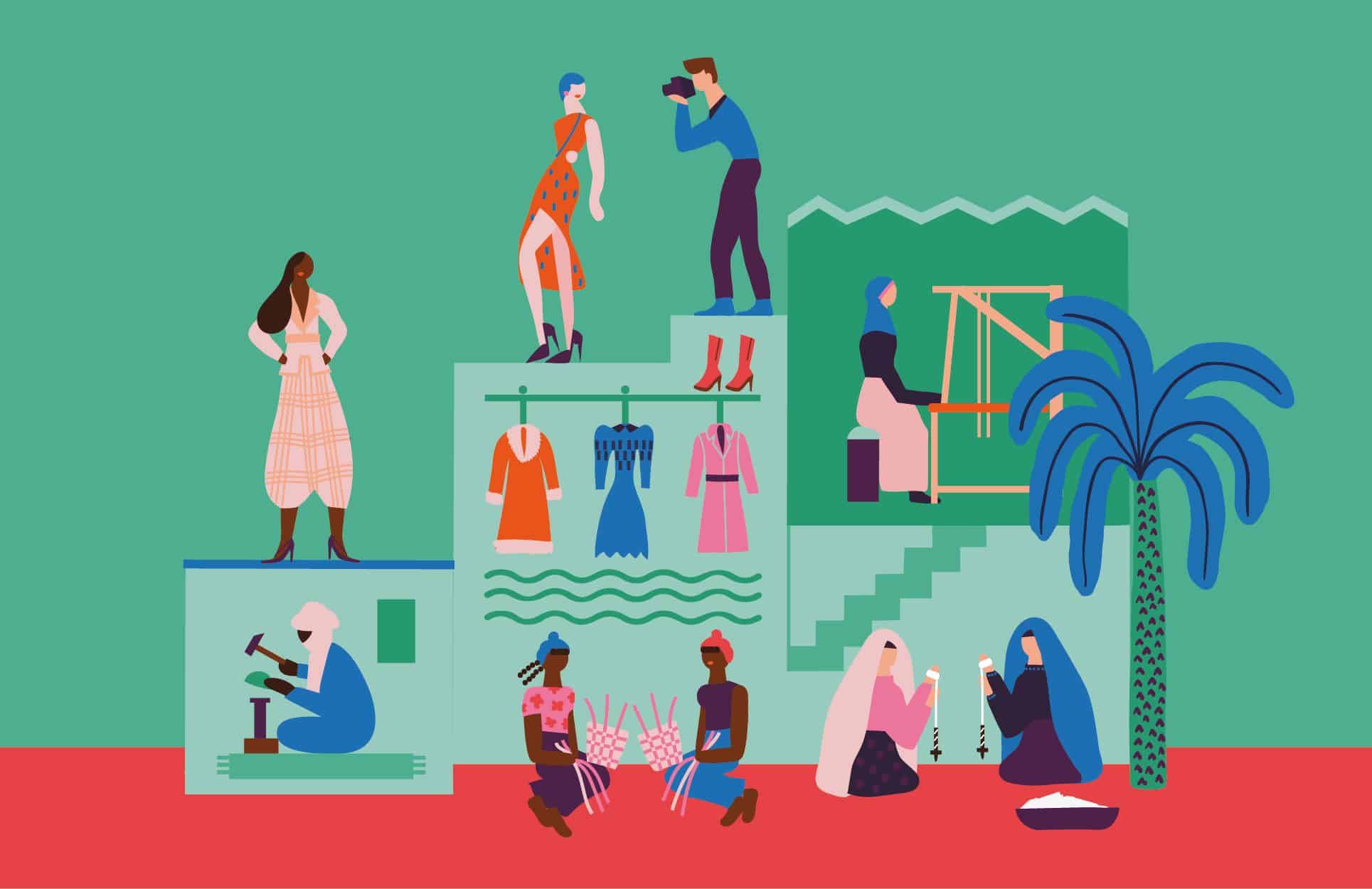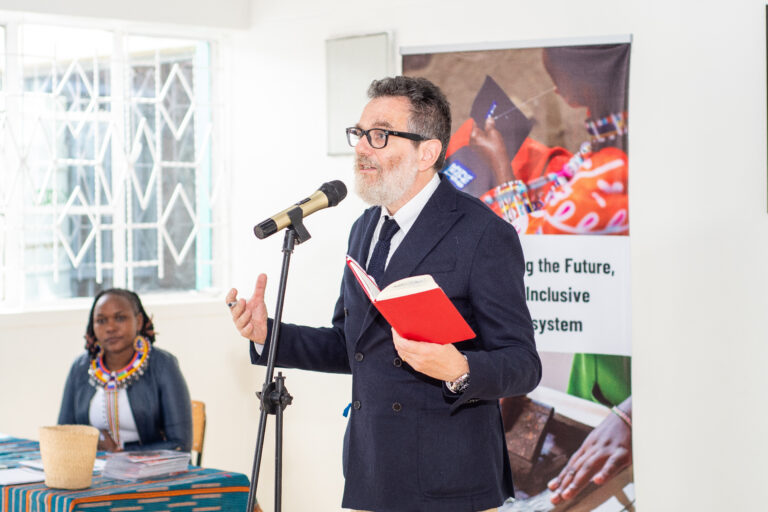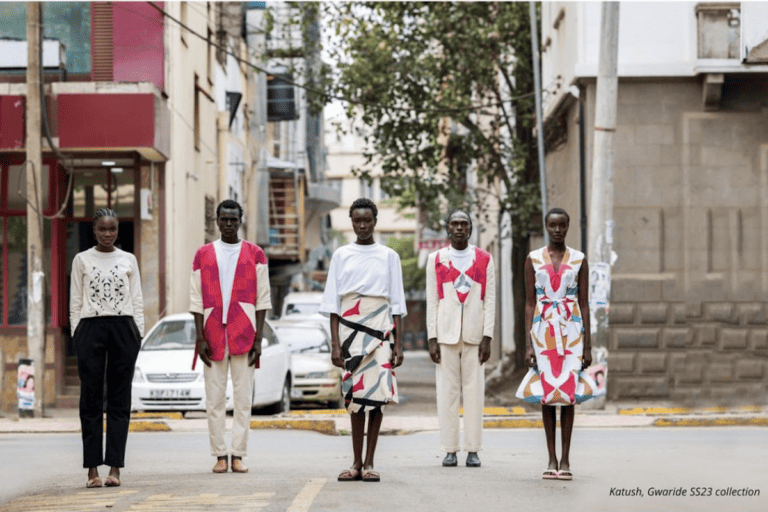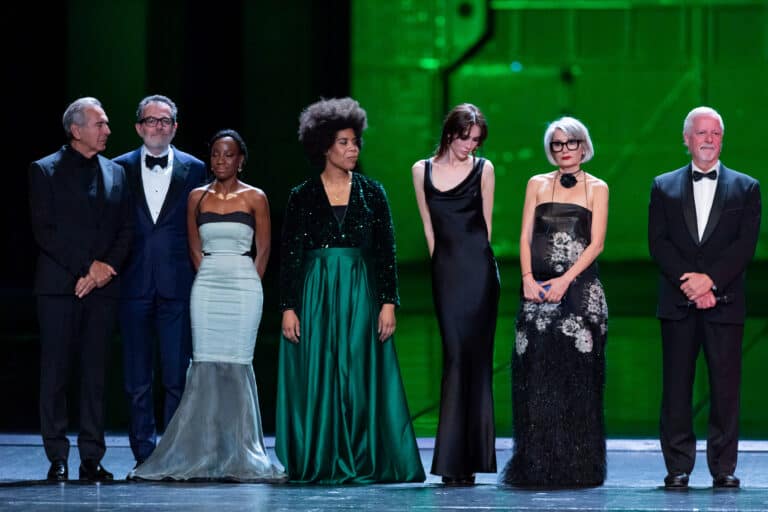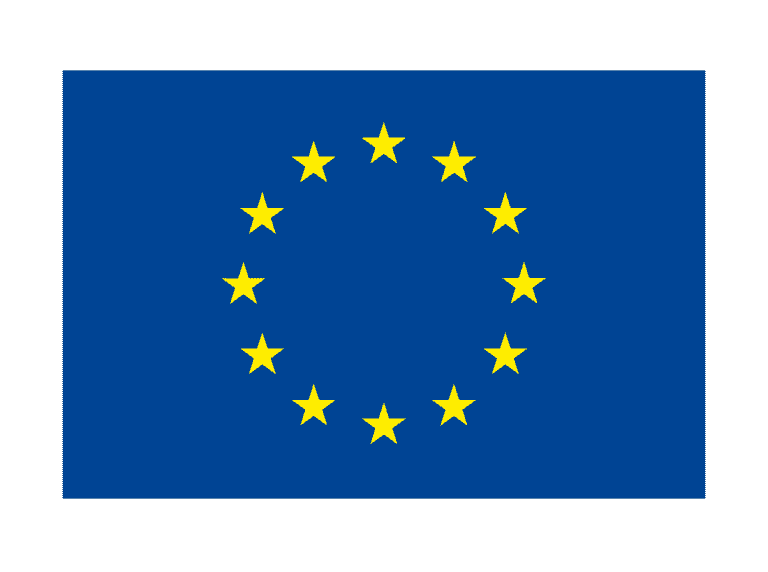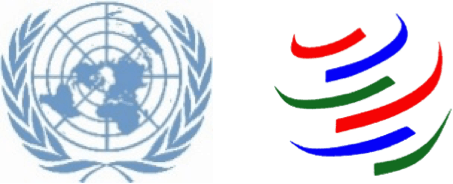Ethical Fashion Hackathon
On the 6th May, 120 passionate people from around the world came together to find solutions to some of the fashion industry’s biggest problems. Here’s how it went…
The COVID-19 pandemic has created a very difficult situation across the world, but the crisis also provides us with an opportunity to rethink the industry of fashion. Could we redesign the current model to exist in harmony with the planet, and empower the people involved in its supply chains?
We identified four important challenges in todays industry, and put out a call for change-makers to join us in a collaborative session to find innovative solutions to;
1.Fashion Weeks
Should Fashion Weeks go digital? In today’s fashion system, people travel the globe to see products that will be mainly sold online. Is it an outdated practice, or a business necessity?
2. Social and Environmental Sustainability Standards
There is currently a confusing mix of standards, highlighting the need for a single set of guidelines to allow CEOs and decision makers to define clear and straightforward agendas that can be shared publicly and transparently. One of the first outcomes could be a tool of the fashion ecosystem, that could support medium- and small-size companies to navigate and implement this complexity.
3. Supply Chain: How to include the supplier as a stakeholder.
Supply chains need to be reconsidered and we need a better way for buyers and suppliers to negotiate orders. Notwithstanding the emergence of new paradigms, such as ESG (Environment Social Governance) or Conscious Capitalism, suppliers are still considered (in many cases) not as stakeholders but as simple cost centres. Could the implementation of open costing models be the answer?
4.Production and Sales Cycles
What could this industry look like if we eliminated seasons and deadlines, and focused on well-designed and timeless products? How would it impact on the whole product development and production cycle of the industry?
On the day we had 120 participants, with representatives from over 45 countries;
Africa: Nigeria, Senegal, Botswana, South Africa, Ghana, Kenya, Burkina Faso, Malawi, Burundi, Ethiopia, Eswatini, Algeria
Asia: India, Bangladesh, Singapore, China, Sri Lanka, Japan, Indonesia, Pakistan, Taiwan, Philippines, Tajikistan, Afghanistan, UAE, Syria, Turkey, Russia
Europe: France, Switzerland, UK, Netherlands, Germany, Italy, Finland, Spain, Romania, Hungary, Luxembourg, Scotland, Ireland
North and South America: USA, Canada, Brazil
Oceania: Australia
This was a truly global event, conducted in two separate sessions to accommodate participants in various time zones. The hackathon had 30 working groups and teams were carefully curated in advance to ensure a range of nationalities, ages and areas of expertise.
Participants from across the fashion industry took part, including representatives from;
VOGUE/Condé Nast, Vivienne Westwood, Arab fashion council, FITNYC, International Folk Art Market, Fashion4Development, EcoAge, Goodee, Flash Art, UNEP, UNECE, Fair Labour Association, IOU Project, Looking for the Masters, Calzedonia, Fashion Foresight, Primark, NHS, Bluesign Technologies, InstitutoE, Oracle, Rutgers Law School, Network for Certification and conservation of forests, ArtYnsight, Future Laboratory, Extinction Rebellion, Forbes.
To break up the long 5-hour session, French Author Daniel Pennac inspired participants with a reading on the theme of ‘Chance’.
300 ideas were generated by participants, and this was soon refined to 30 ideas that were developed into pitches by the end of the Hackathon. Solutions ranged from open source costing platforms, to Avatar Agencies, to season-less collections and environmental and social data tags on garments.
What next?
A panel of judges is currently assessing all the pitches from the Hackathon. The best ideas will be announced next week, and teams will be given the opportunity to receive mentorship before the ideas are pitched to investors. We want to make these solutions a reality.
The Hackathon was an open innovation event, and in the spirit of this we are working on sharing all of the ideas from the Hackathon publicly. Recordings of the sessions, as well full lists of ideas from each challenge will be soon shared.
Closing the session on high, participants enjoyed a performance by Jesus Dupaux that featured all of the flags of the countries that the EFI is working in. Idea Clara Bauer et Ximo Solano
